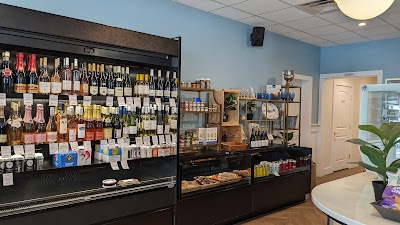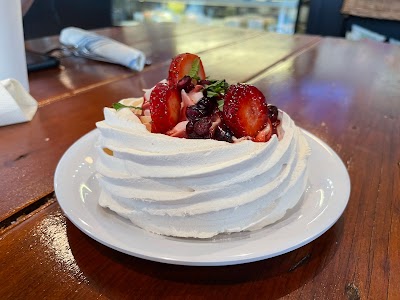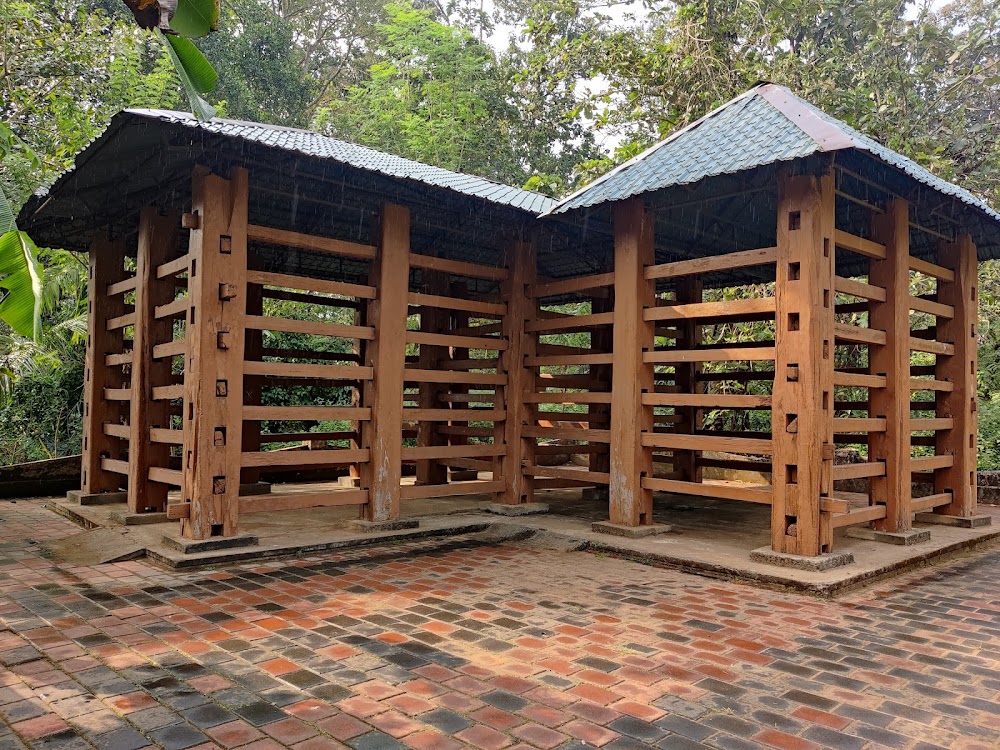Les Marchés de Koutiala (Les Marchés de Koutiala)
Overview
Les Marchés de Koutiala, nestled in the vibrant Sikasso Region of Mali, epitomize a captivating destination infused with cultural richness and historical significance. Often dubbed "the white city" or "the cotton capital of Mali," Koutiala has long served as a bustling hub of commerce and trade, making it a must-visit for travelers eager to delve into the heart of Malian life. The markets themselves are a microcosm of the area's diverse culture, with roots that stretch back centuries.
Historical Significance
The origins of Les Marchés de Koutiala can be traced back to ancient trade routes that crisscrossed the Sahara Desert. These markets were vital exchange points for goods such as gold, salt, and textiles, linking the interior of Africa to Mediterranean and Arab merchants. Today, these bustling markets still retain their historical charm while adapting to the rhythms of modern life. As you wander through the narrow alleys and spacious squares, you are following in the footsteps of countless traders and customers who have kept this rich tradition alive for generations.
Sensory Experience
One of the most striking aspects of Les Marchés de Koutiala is their deep intertwining with local culture. The markets are a sensory feast, alive with the rhythm of drums and the vibrant calls of vendors selling everything from fresh produce and aromatic spices to traditional fabrics and intricate crafts. Here, you will discover vividly colored bazins (traditional West African cotton textiles), handcrafted jewelry, and elaborate pottery that reflect the artistry of local craftsmen. The enticing aromas wafting from food stalls offering local delicacies like "tigadèguèna" (a peanut stew) and "foufou" (a traditional starchy dish) invite you to savor the rich flavors of Malian cuisine.
The Cotton Industry
No visit to Les Marchés de Koutiala would be complete without acknowledging the significant role of the cotton industry. As Mali's "cotton capital," Koutiala's markets are bustling with activity related to this vital crop. You will see piles of raw cotton ready for processing, alongside intricately woven textiles crafted from the local cotton. This environment offers a unique glimpse into the economic heartbeat of the region, underscoring how the cotton industry shapes both the lifestyle and the markets.
A Community Hub
The markets are not merely centers of commerce; they also serve as vital social hubs for the community. Villagers from surrounding areas converge here to discuss local news, haggle over prices, and celebrate special occasions. The communal spirit is infectious, and foreign tourists often find themselves engaged in genuine conversations with local vendors who are more than eager to share stories about their crafts and culture. This interaction provides visitors with an intimate look into the daily lives and social fabric of the people of the Sikasso Region.
Architectural Charm
For those interested in history and architecture, the layout and structure of the markets are captivating. Traditional mud-brick buildings stand alongside more modern constructions, creating an eclectic blend of old and new. The design of these markets is both practical and charming, featuring shaded areas to protect visitors from the intense Malian sun, and open spaces for larger gatherings and events. As you stroll through these areas, you'll notice how the architecture adapts to the changing seasons and needs of market-goers.
Festivals and Events
When planning your visit to Les Marchés de Koutiala, consider timing it with one of the local festivals to experience the market at its most vibrant. Festivals like "Yamarou" and "Donsomana" add an extra layer of excitement, showcasing traditional music, dance performances, and extensive trading activities. These events offer an enriching experience and a deeper understanding of the cultural and historical context of the markets.
In conclusion, Les Marchés de Koutiala are much more than a place to buy and sell goods; they are an essential part of the community's cultural and historical tapestry. For foreign tourists, a visit to these markets presents an unparalleled opportunity to experience the richness of Malian culture, engage with friendly locals, and appreciate the historical significance of one of West Africa's enduring centers of trade. Whether you're an avid history buff, a passionate foodie, or simply a curious traveler, Les Marchés de Koutiala are sure to leave a lasting impression.





